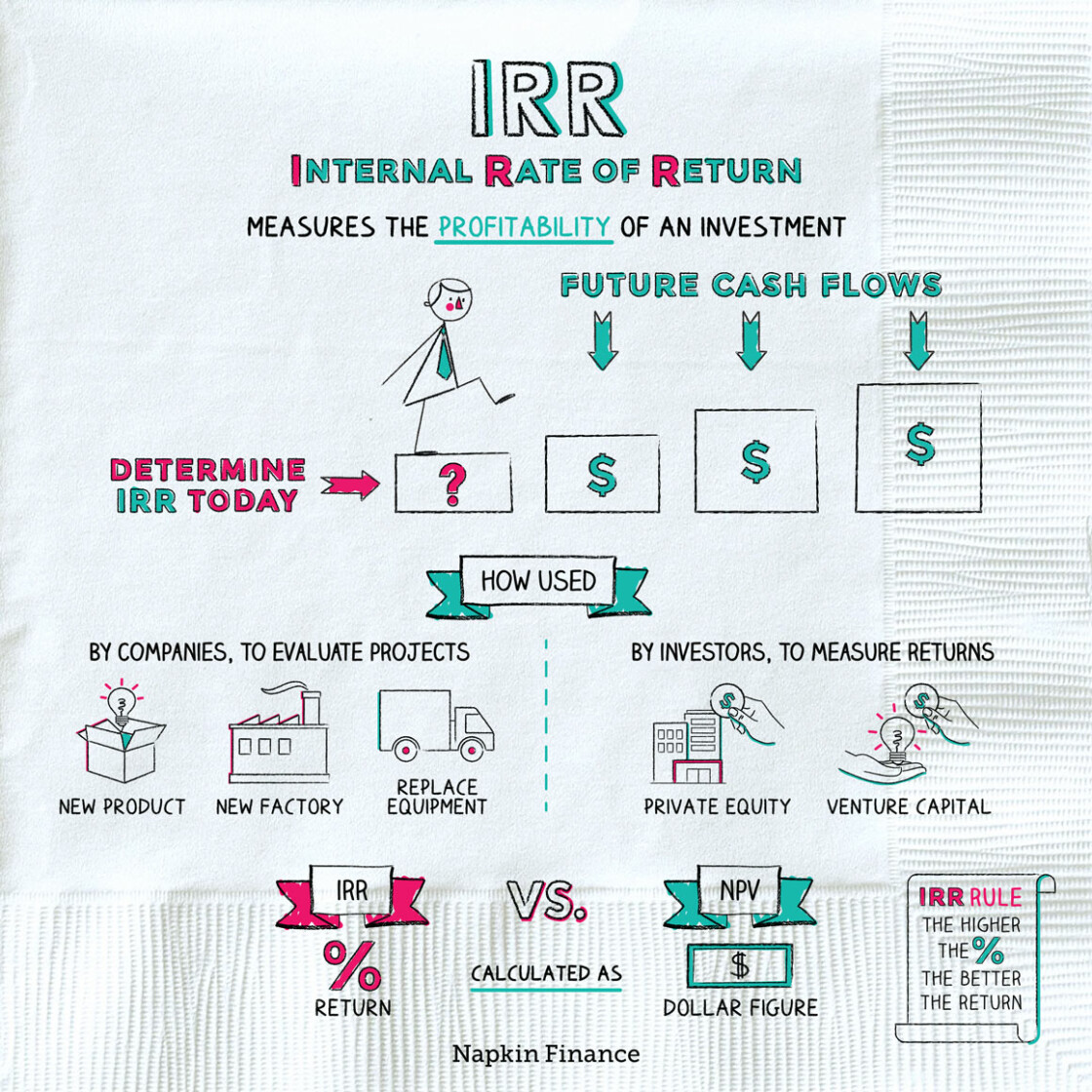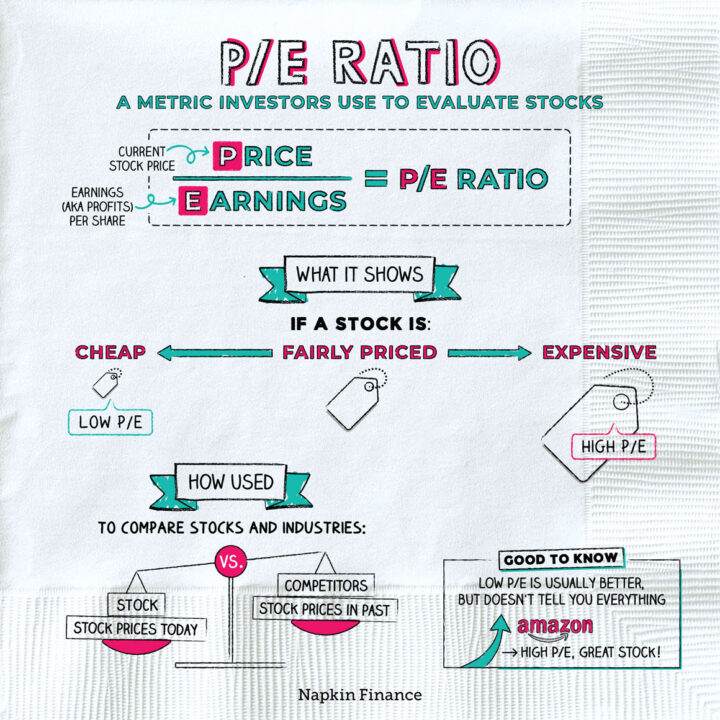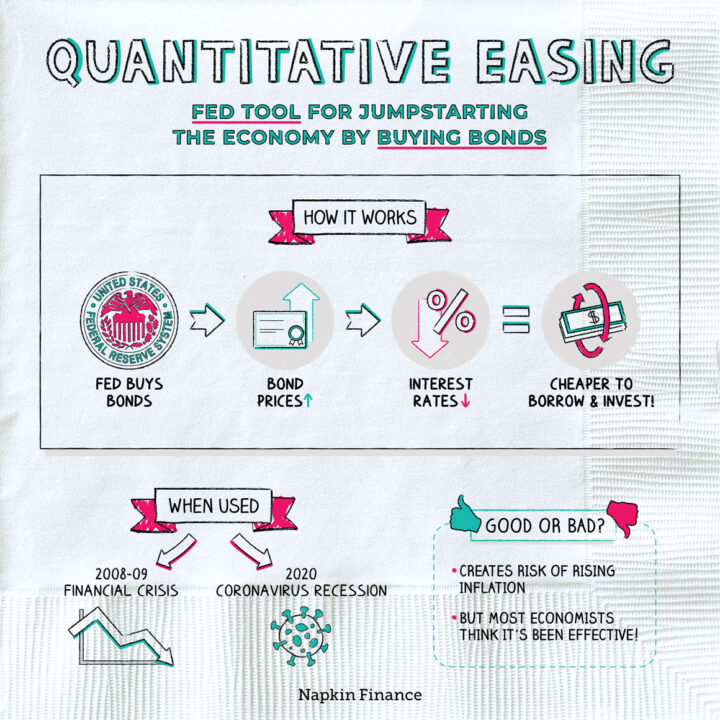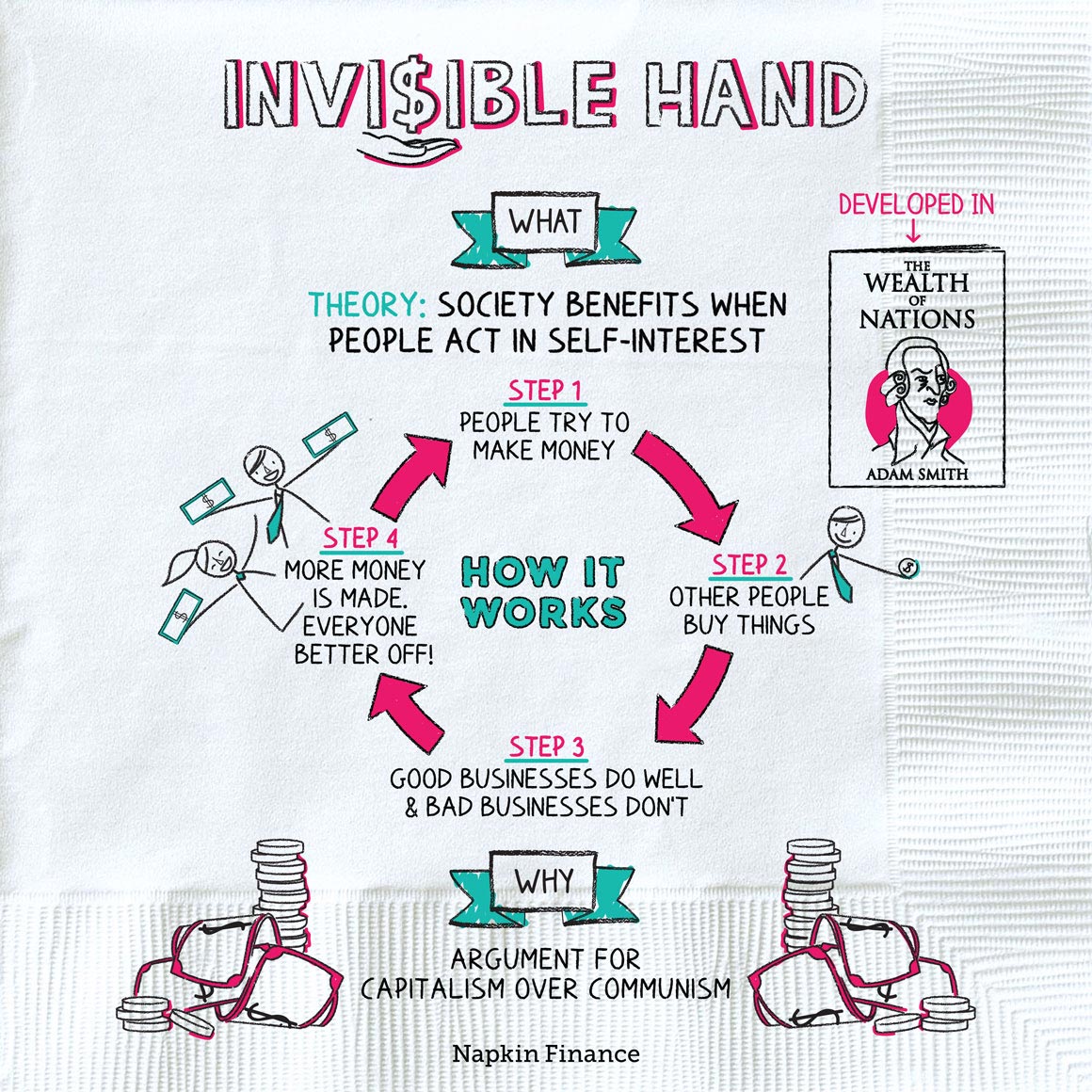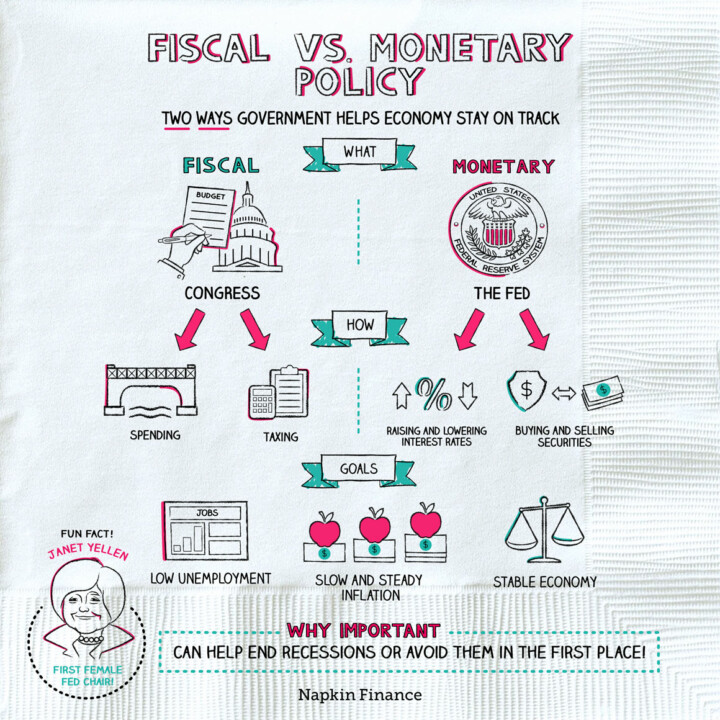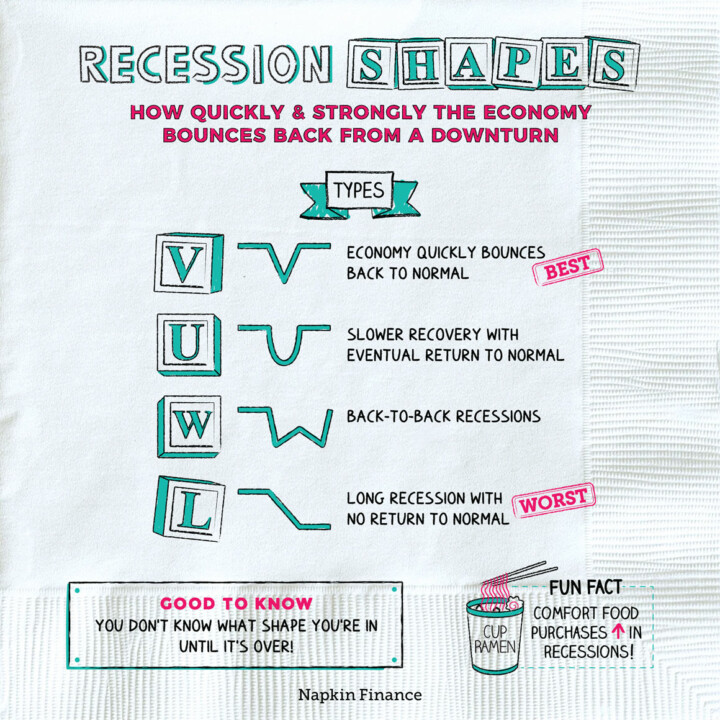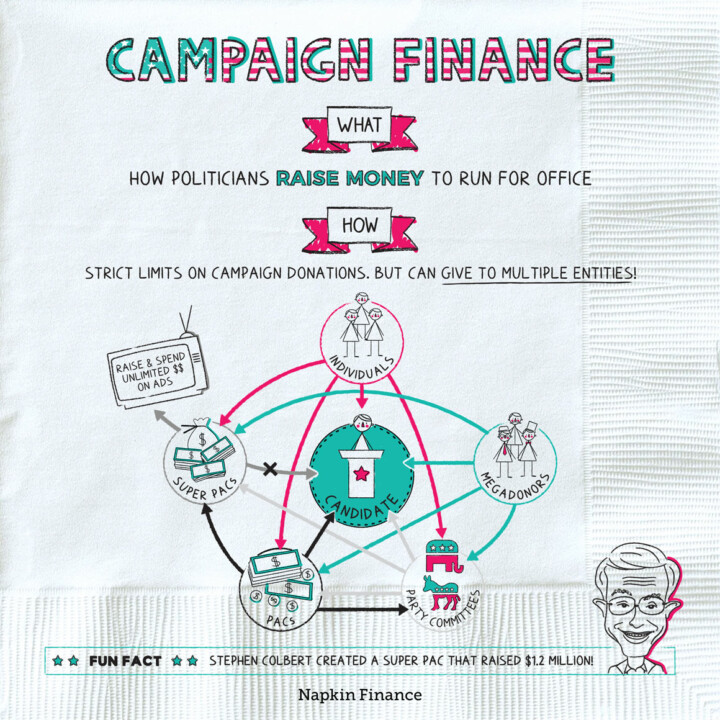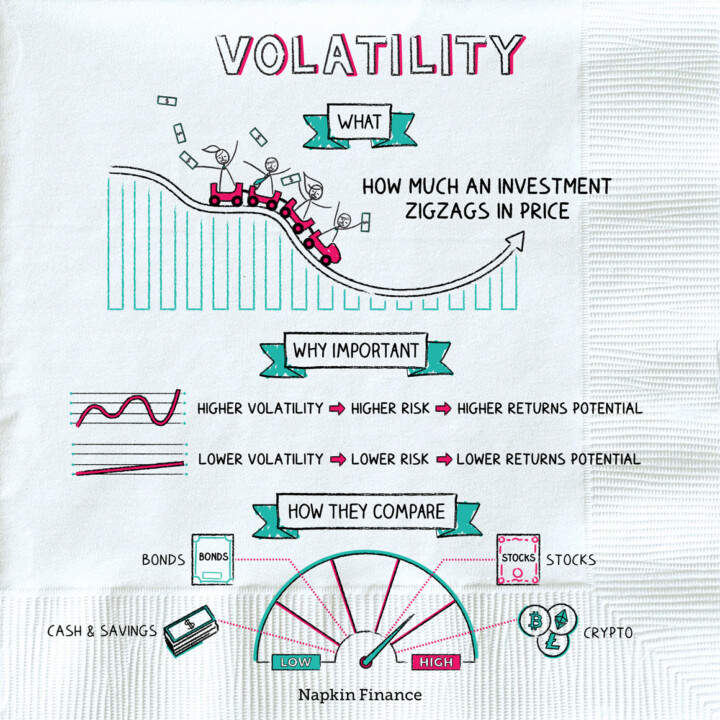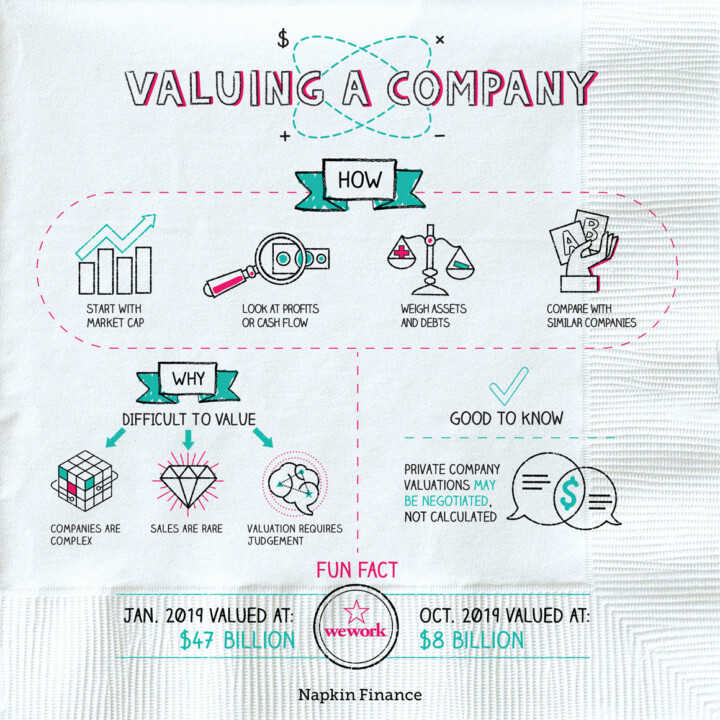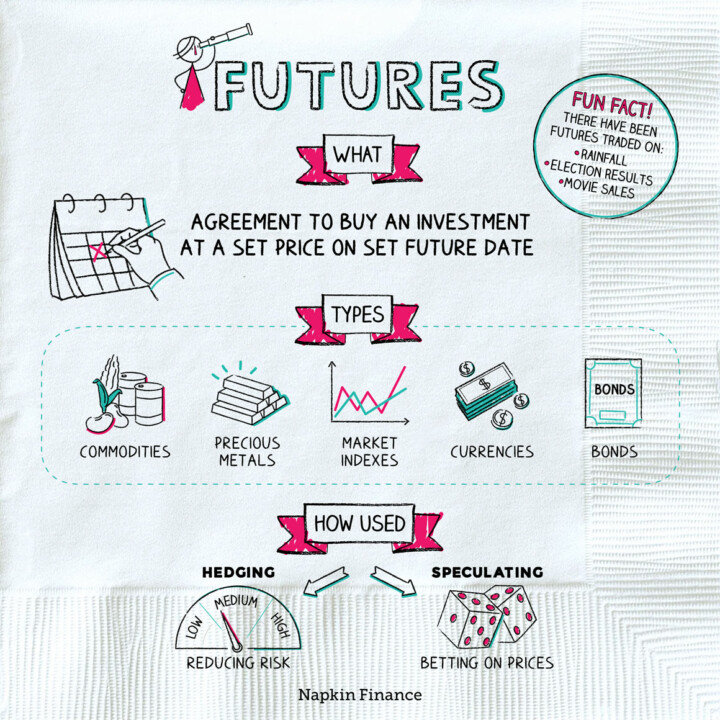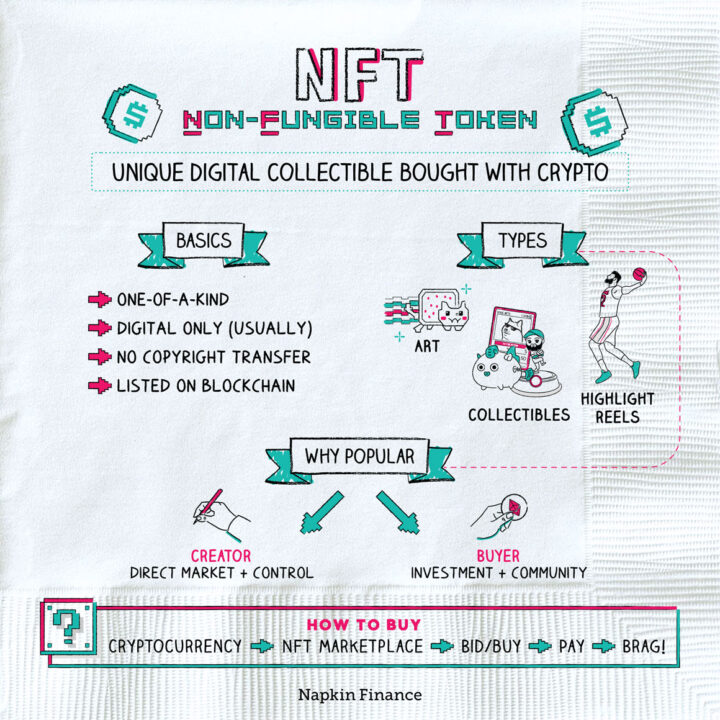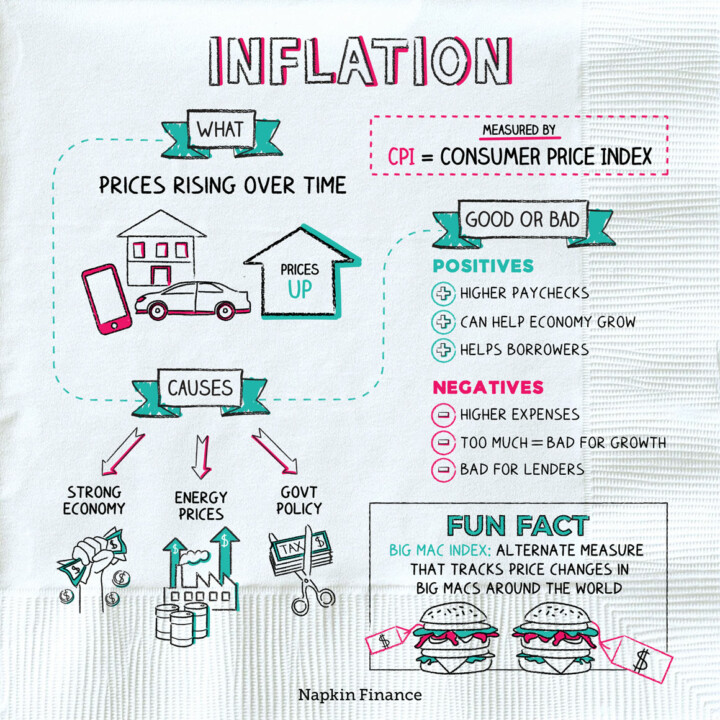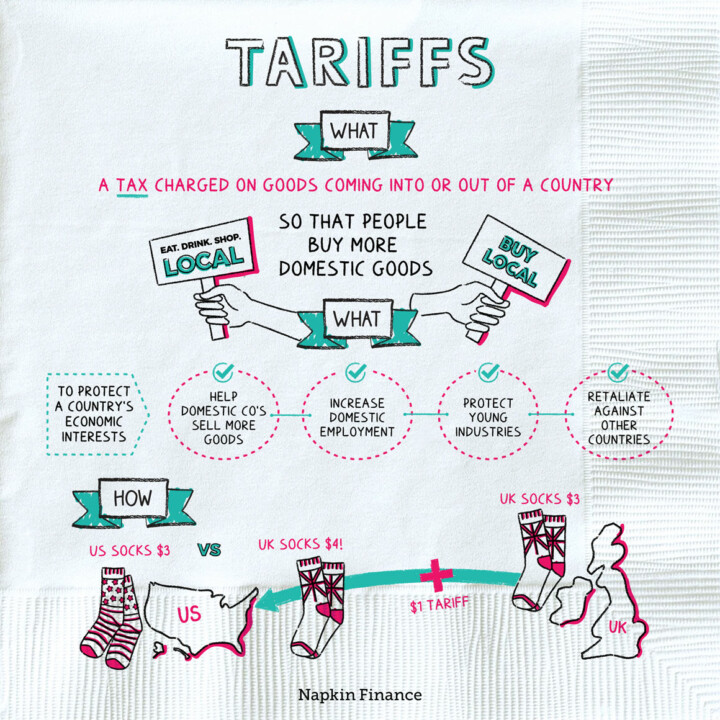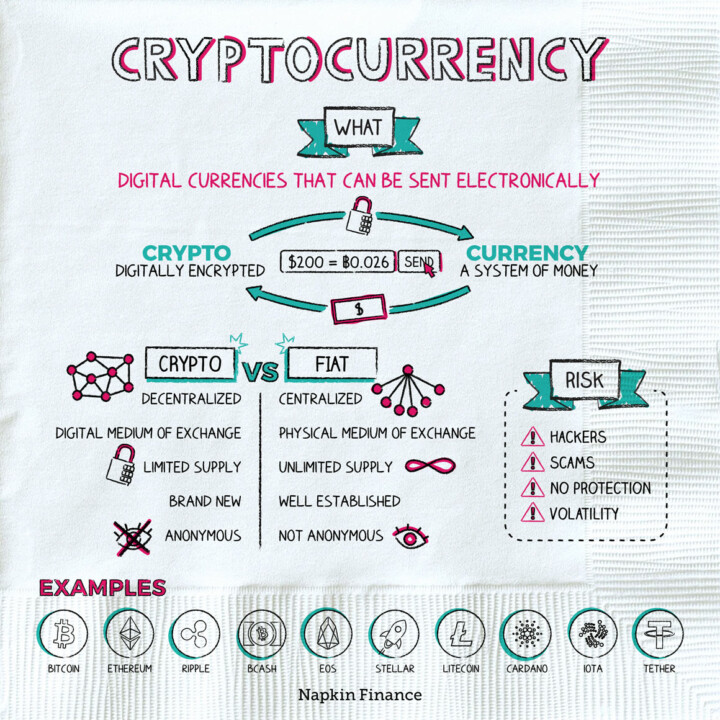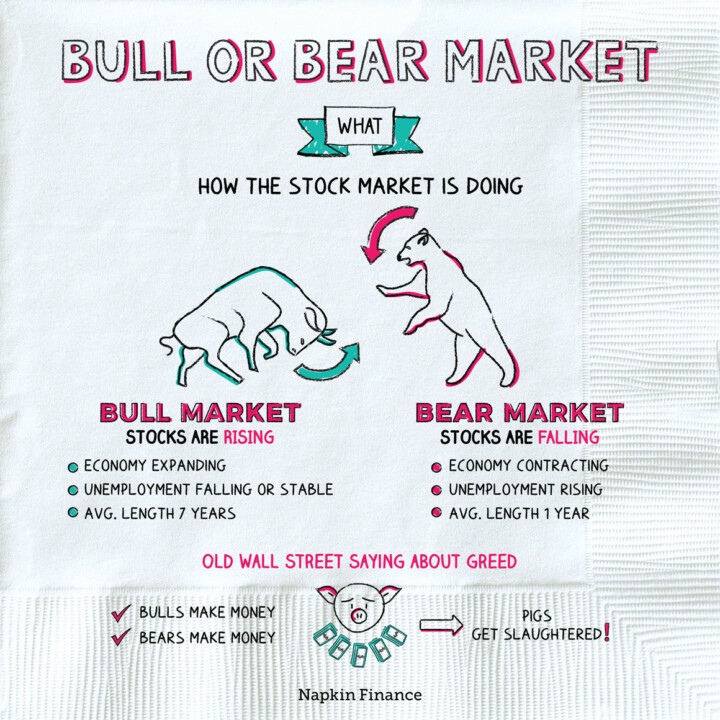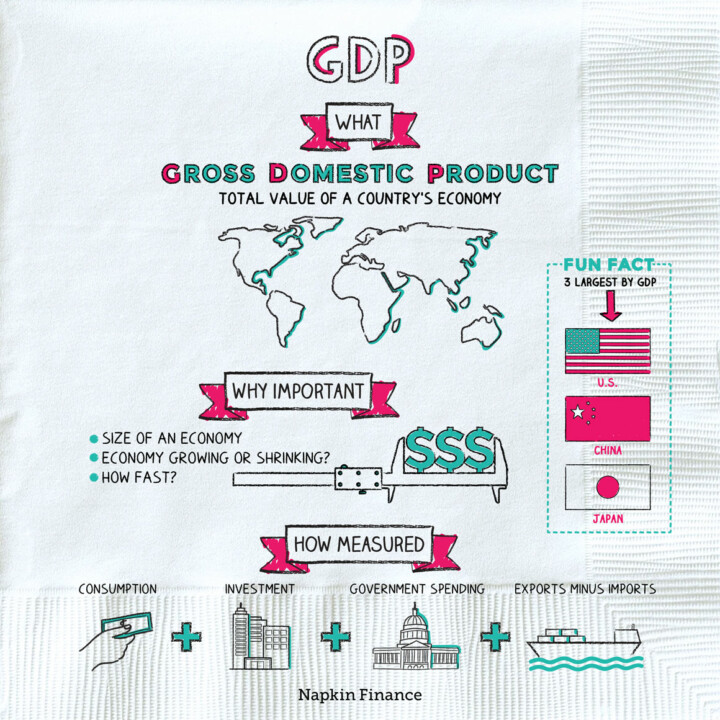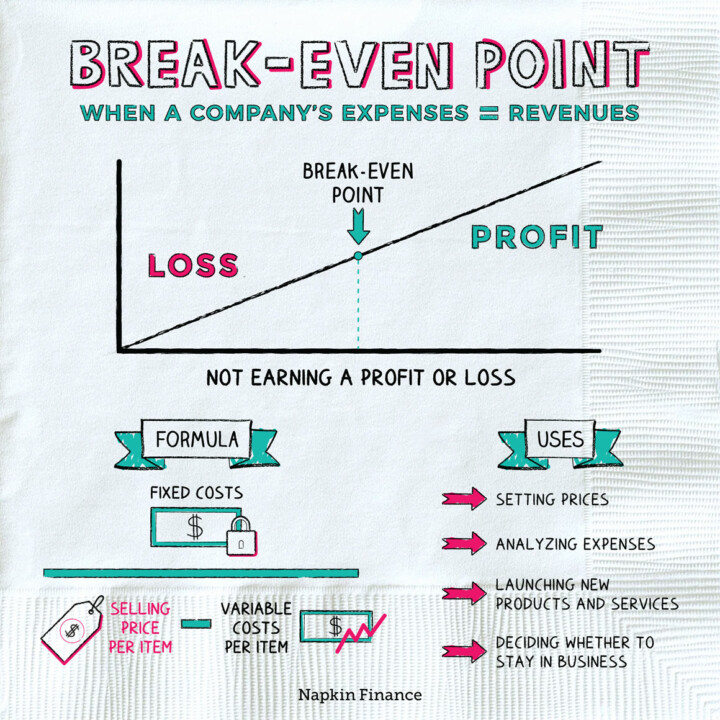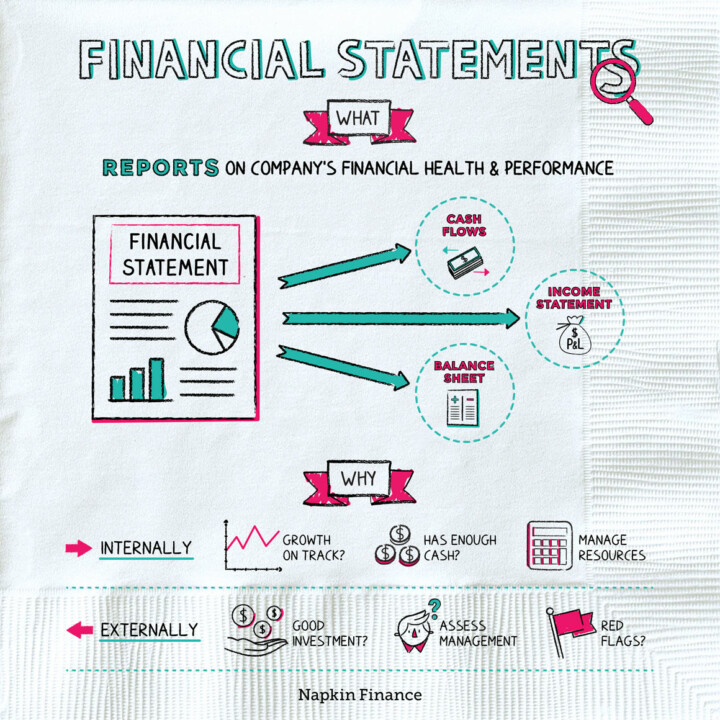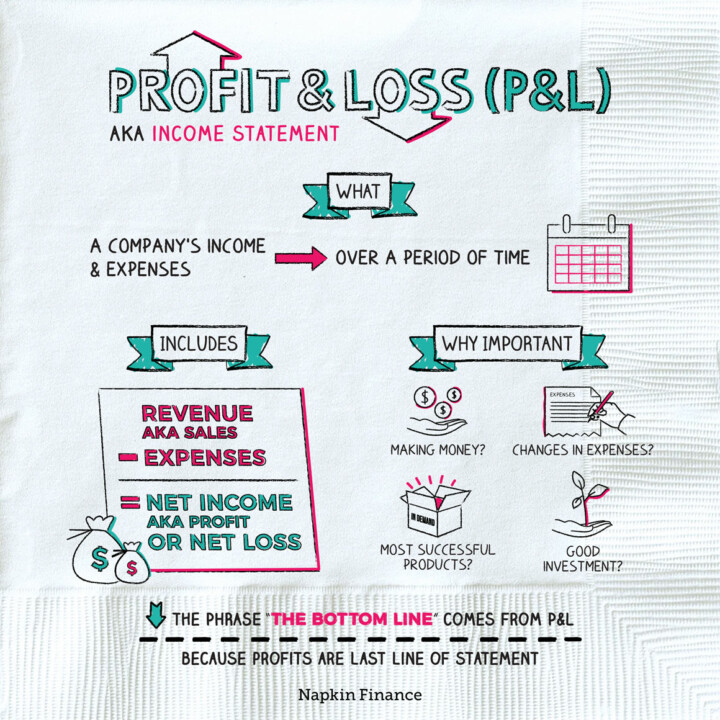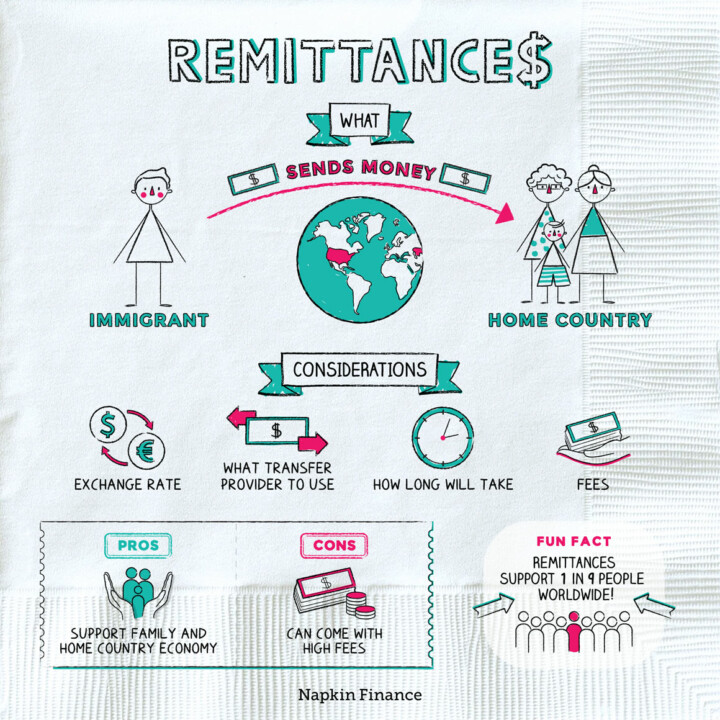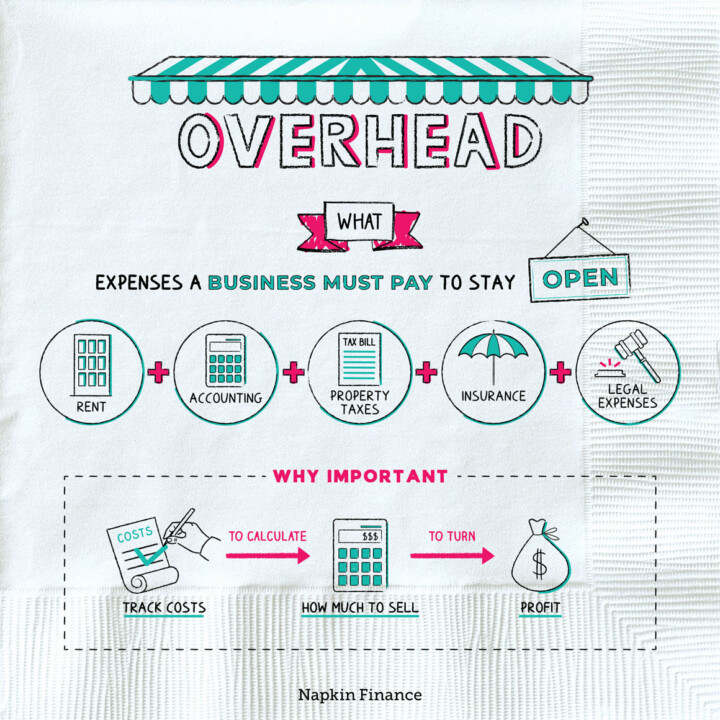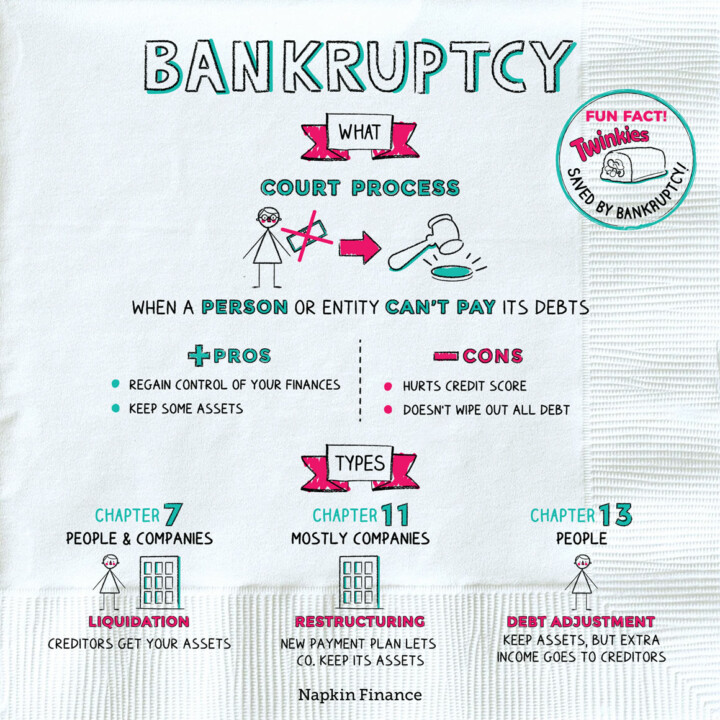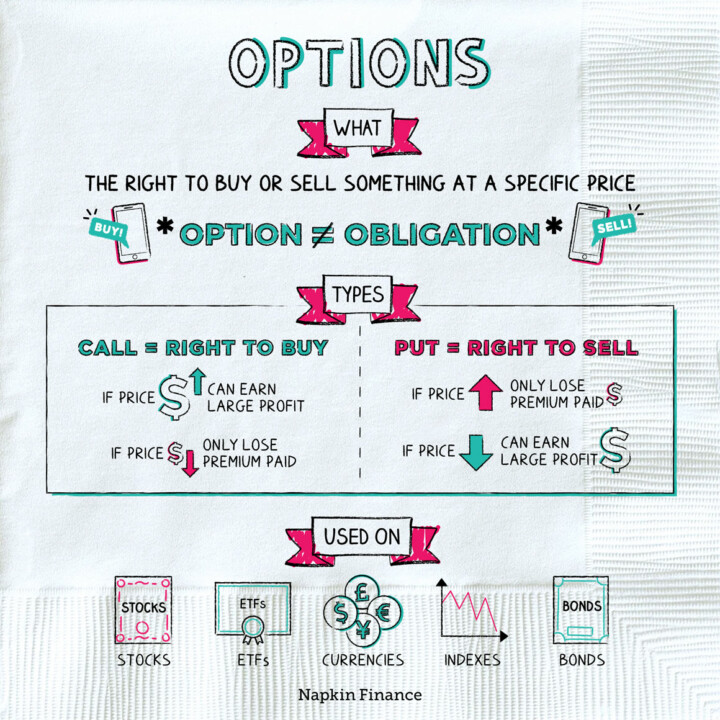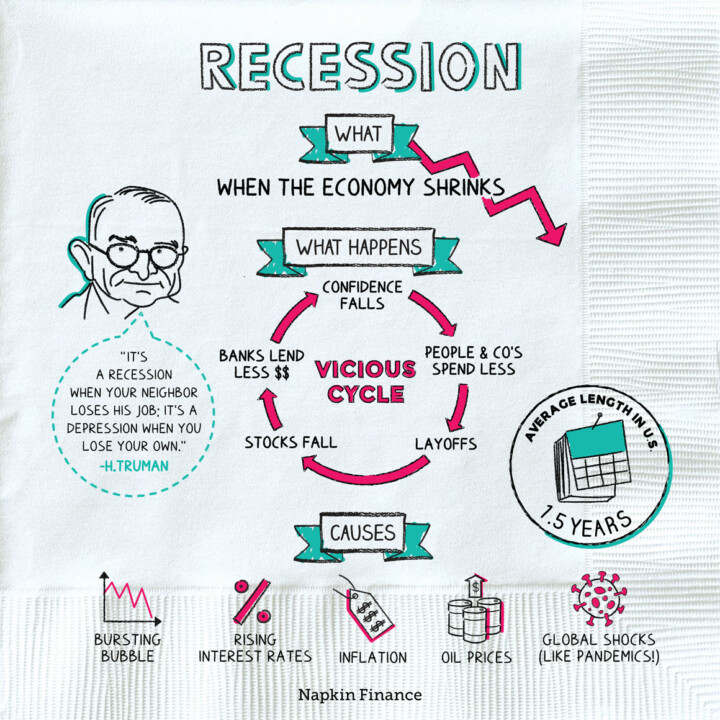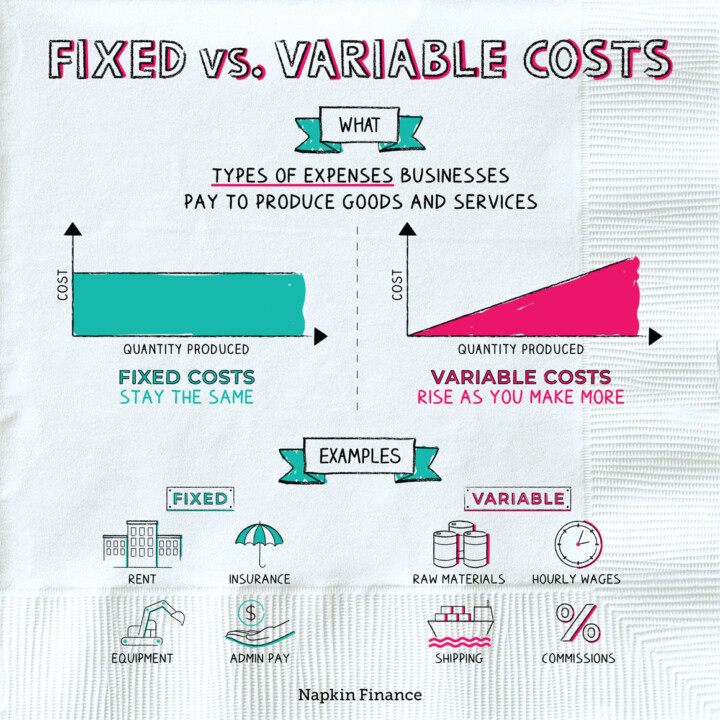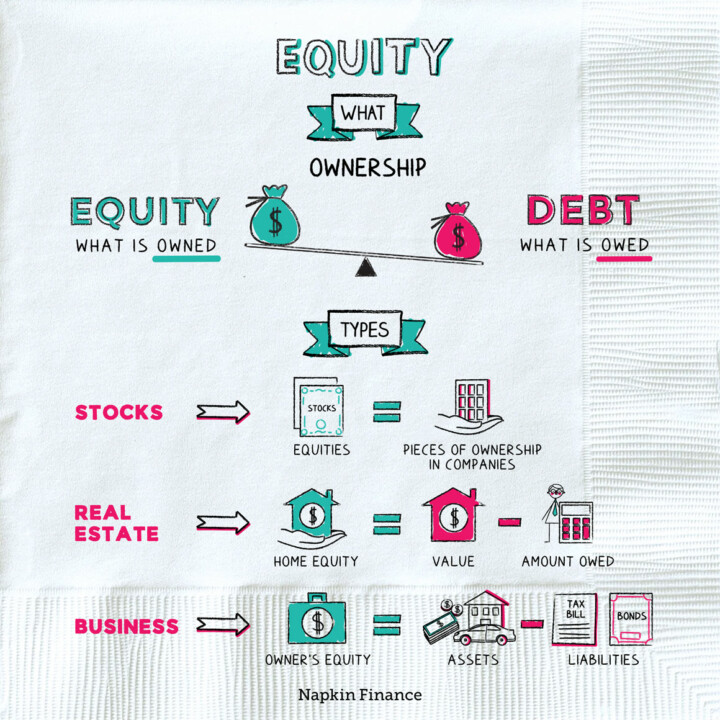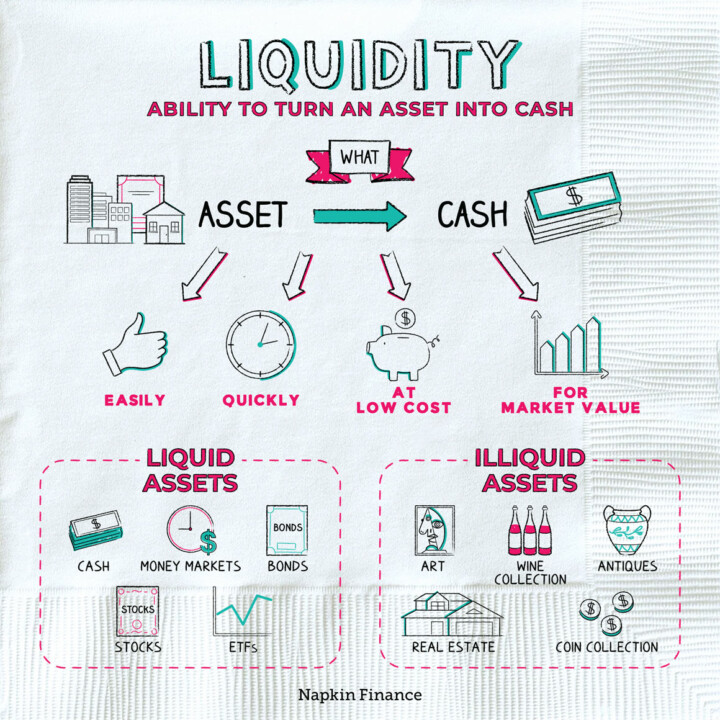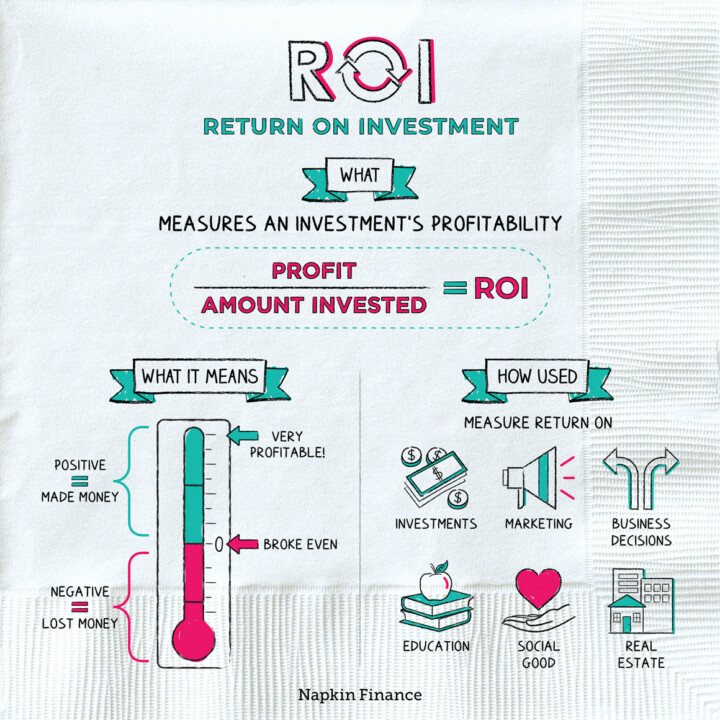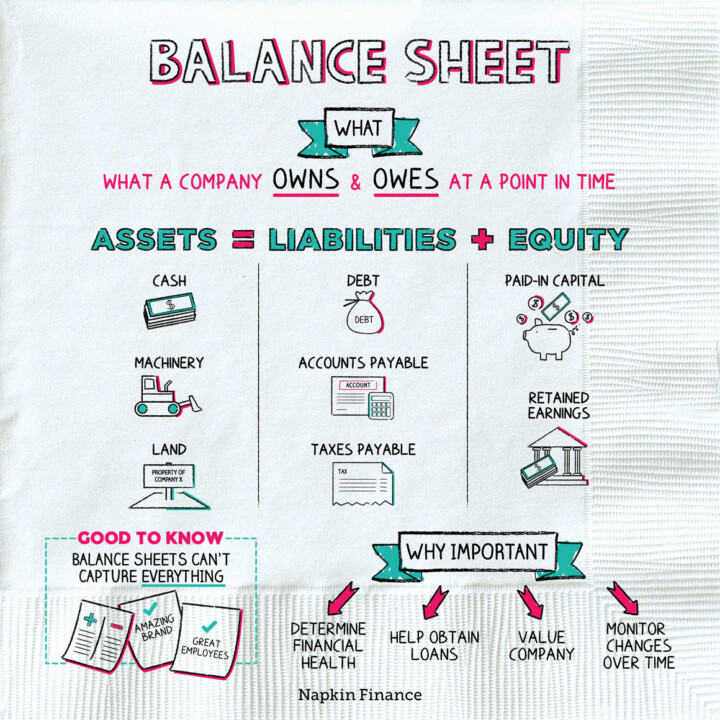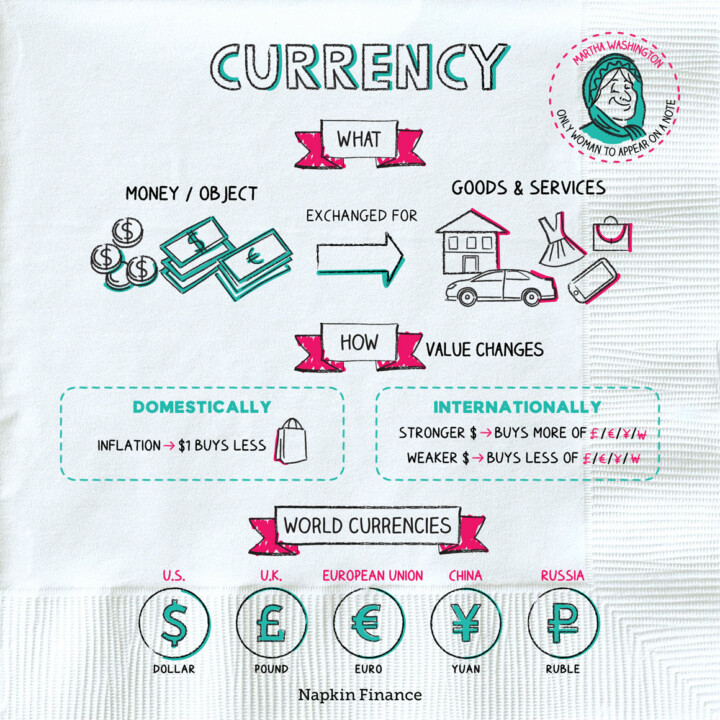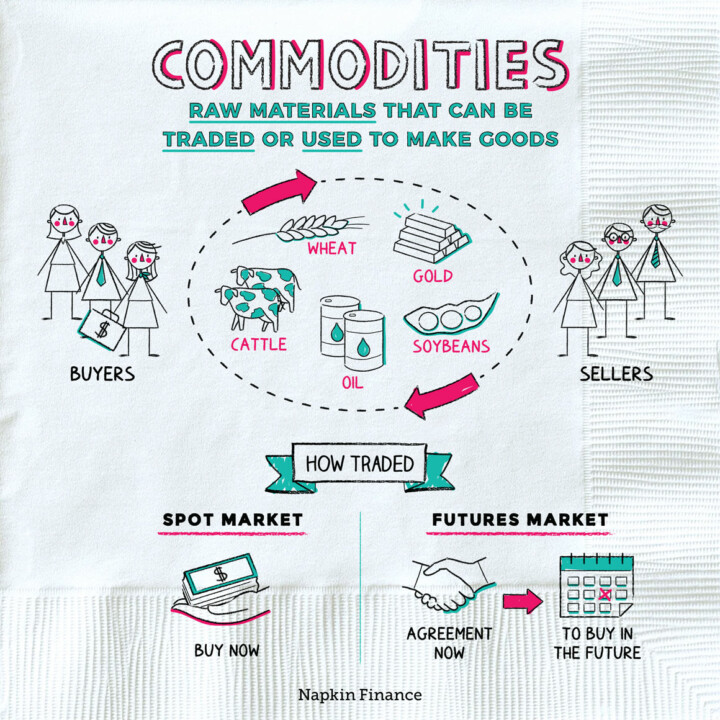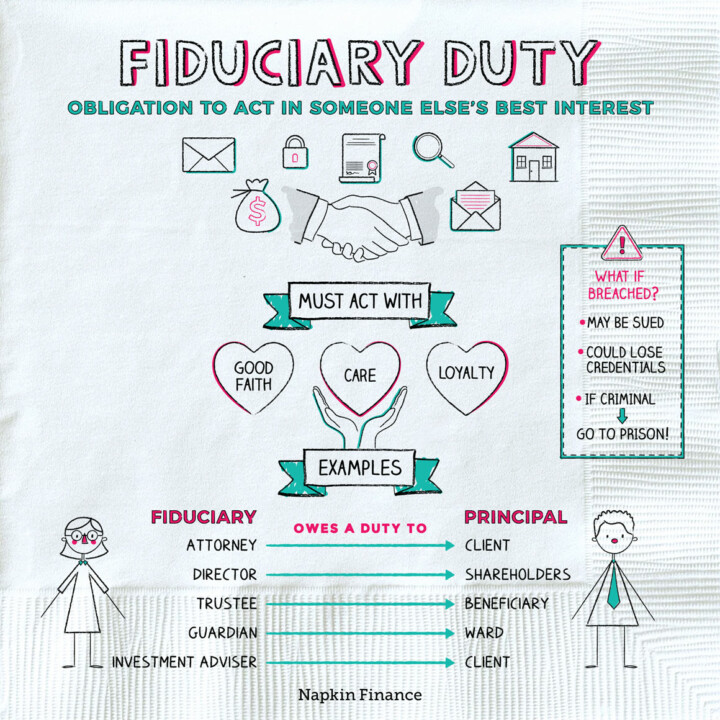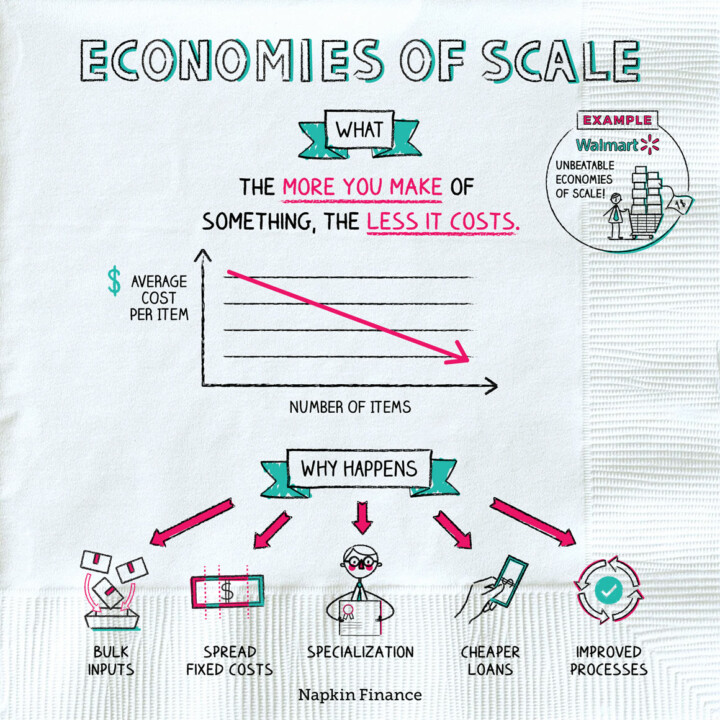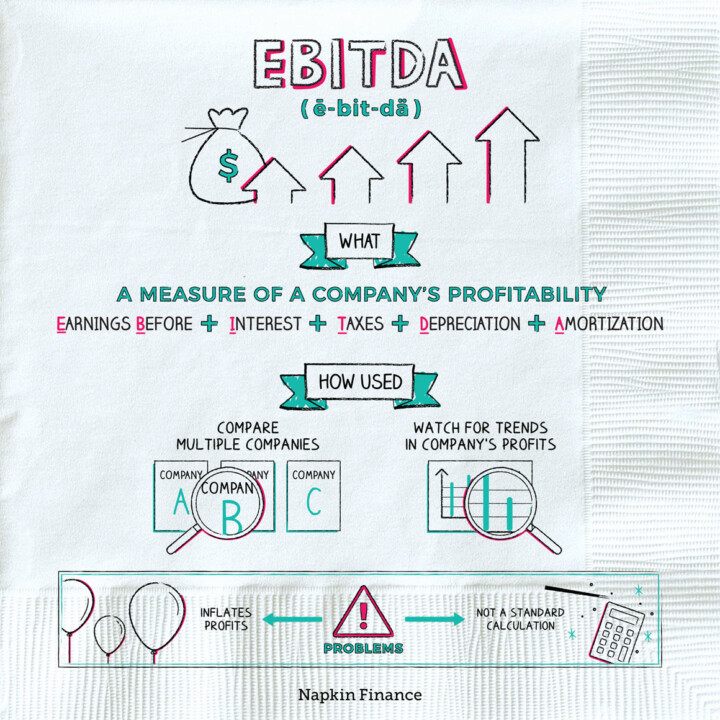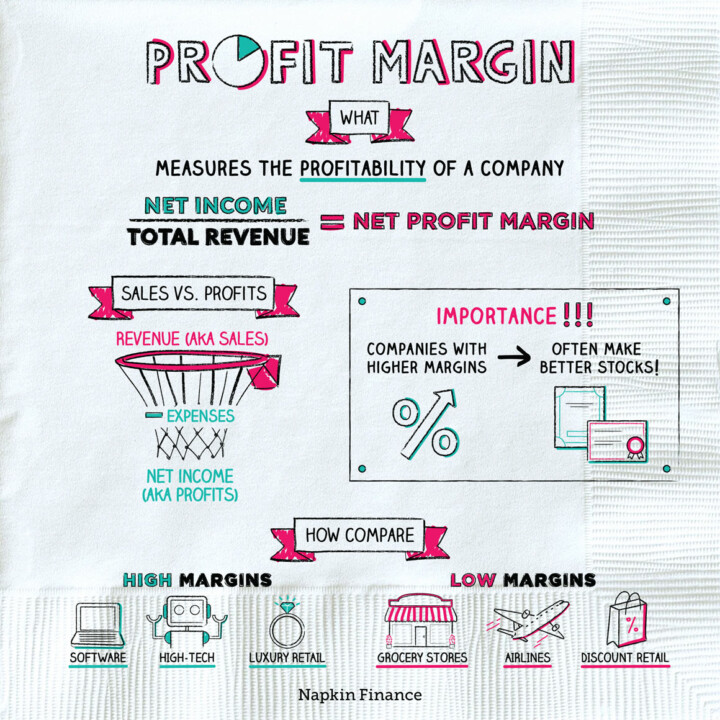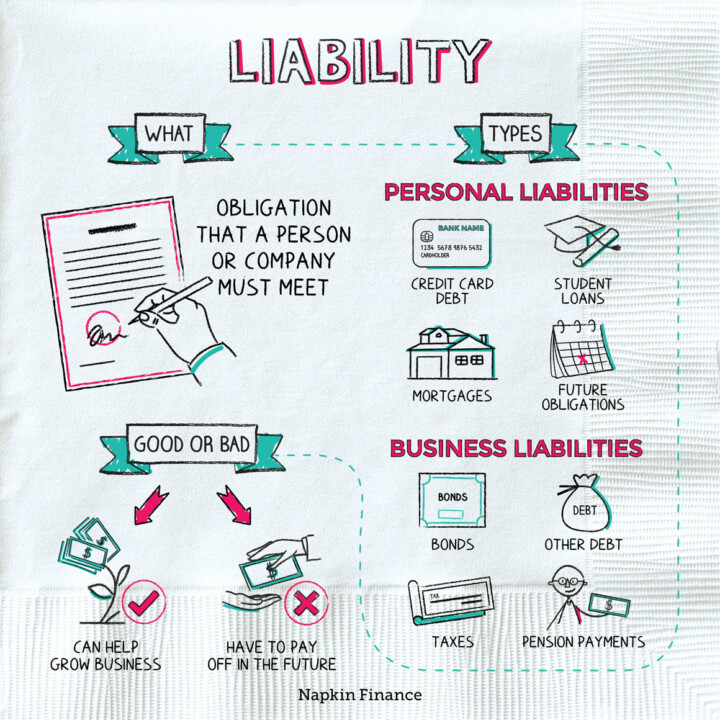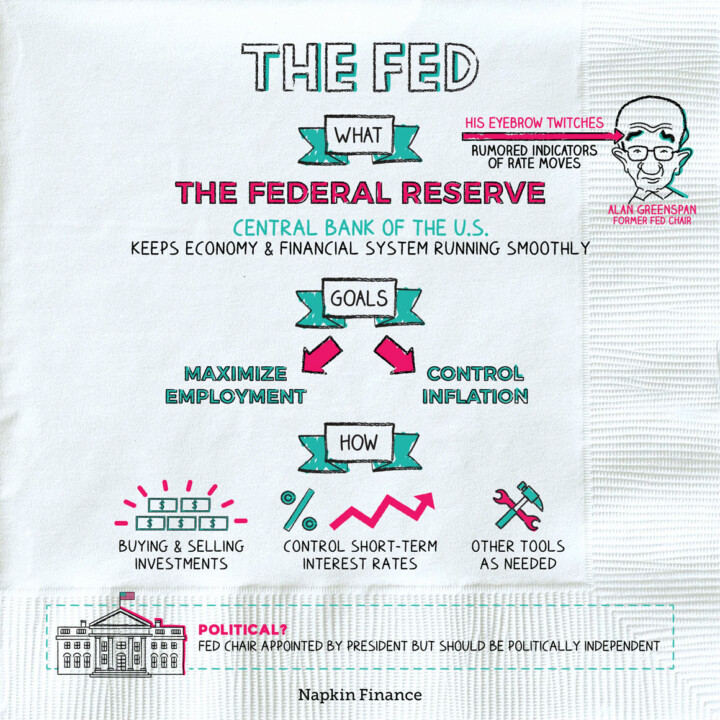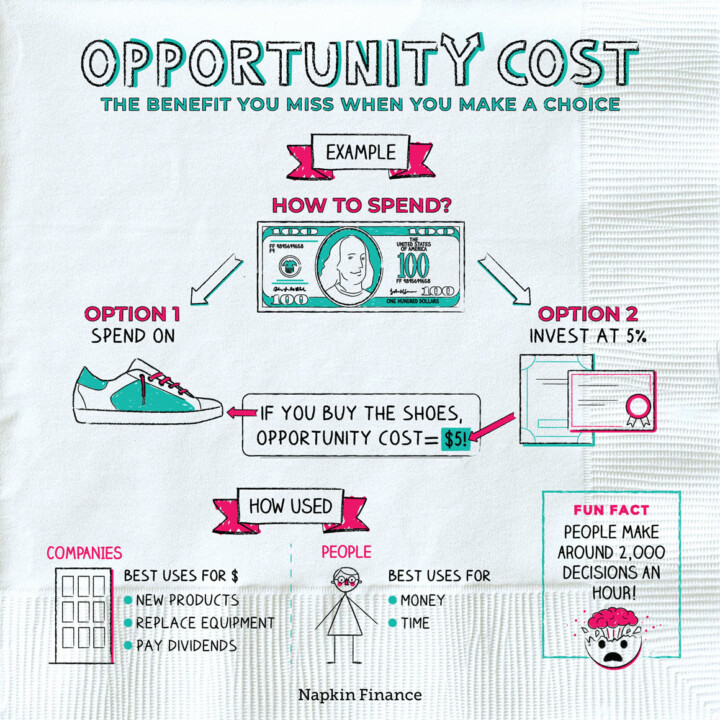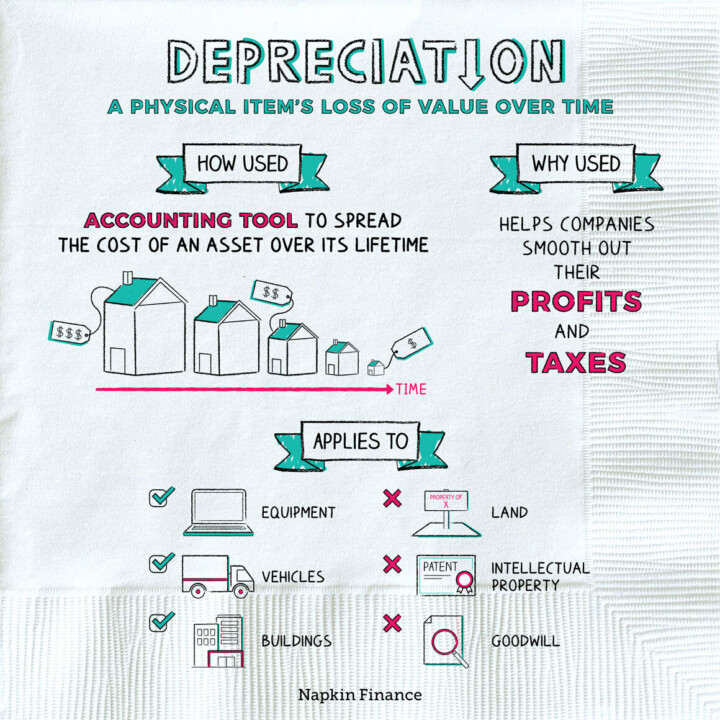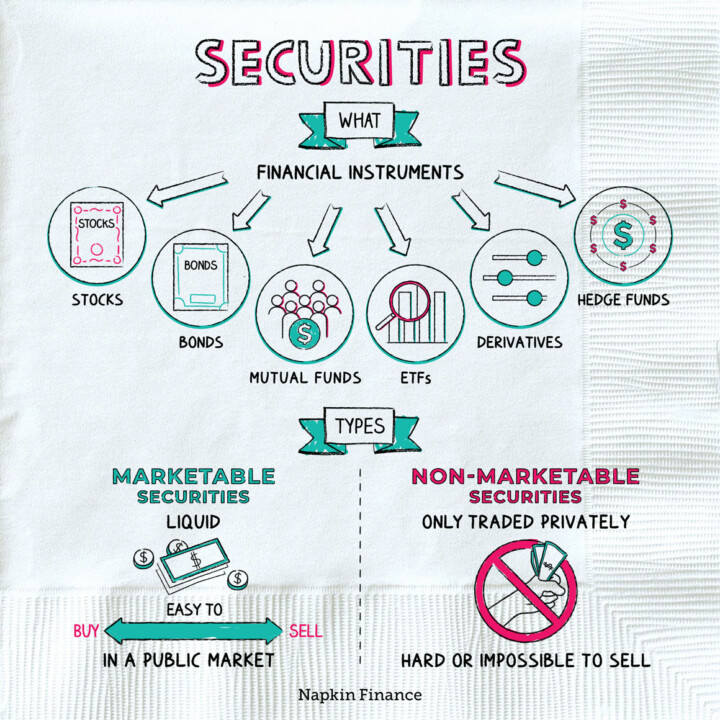Featured Napkin
IRR
Crunch the Numbers
The internal rate of return, or IRR, is a measure of an investment’s or a project’s profitability. Investors and companies use the metric to measure or estimate their returns on a particular use for their money.
Learn moreMore economics Napkins...
P/E Ratio
At Any Price
The price-to-earnings ratio (or P/E ratio) is a way to evaluate whether a company’s stock is cheap,...
Learn moreQuantitative Easing
Easy Money
Quantitative easing is when the Fed (or another country’s central bank) buys up large amounts of bonds....
Learn moreInvisible Hand
Helping Hand
The “invisible hand” is an economic theory developed by Adam Smith. It proposes that when people act...
Learn moreGame Theory
Roll the Dice
Game theory is an economic model for predicting people’s decisions in tricky situations.
Learn moreFiscal vs. Monetary Policy
Tax and Spend
Fiscal and monetary policy are two tools the U.S. government can use to help the economy stay...
Learn moreRecession Shapes
Give Me a V
A recession is an economic downturn that lasts for at least several months and ripples throughout the...
Learn moreCampaign Finance
Follow the Money
Campaign finance describes the way political candidates raise and spend money to run for office.
Learn moreVolatility
Rocky Road
Volatility describes how much an investment bounces around in price. More volatile investments zigzag in price more...
Learn moreValuing a Company
What’s it Worth?
A company’s value is the dollar figure that it might sell for if a person or another...
Learn moreFutures
Looking Ahead
A futures contract is an agreement to buy a specific investment at an agreed-upon price on an...
Learn moreForex
Hard Currency
The foreign exchange, or forex, markets are where investors go to buy and sell currencies. Unlike the...
Learn moreNFTs
(Not So) Real World
An NFT, or non-fungible token, is a code that says you own a unique digital item.
Learn moreInflation
On the Up and Up
Inflation is when prices of things rise over time. For example, in 1980 you could buy a...
Learn moreTariffs
Barriers to Entry
A tariff is a tax charged on goods coming into or out of a country. When a...
Learn moreCryptocurrency
Tales of the Crypto
Cryptocurrency is digital money that can be sent electronically anywhere in the world.
Learn moreBitcoin
Not So Silky Road
Bitcoin is the world’s first type of digital money, or cryptocurrency. Unlike traditional paper money, Bitcoin only...
Learn moreBull or Bear Market
Into the Wild
Wall Street may be a bit of a rodeo, but there are no literal bulls or bears....
Learn moreGDP
Grossly Underrated
Gross domestic product, or GDP, measures the size of an economy. In essence, it puts a dollar...
Learn moreBreak-Even Point
Point Break
A company is at its break-even point when its revenue equals its expenses. It is neither making...
Learn moreFinancial Statements
State of Affairs
Financial statements are reports a company puts together to measure how it’s doing. Companies create their financial...
Learn moreProfit and Loss (P&L)
The Bottom Line
A profit and loss statement, or income statement, shows the money a company earned and what it...
Learn moreRemittance
Check’s in the Mail
Remittances, also known as remittance transfers or international wires, are when someone in one country sends money...
Learn moreOverhead
Keep the Lights On
Overhead refers to the expenses a business must pay just to stay open. Also known as “indirect...
Learn moreBlockchain
Chain Gang
Blockchain is the recordkeeping technology that serves as the foundation for Bitcoin and some other types of...
Learn moreBankruptcy
Lose Your Shirt
Bankruptcy is the legal process for consumers or businesses to get help with their debt. Bankruptcy starts...
Learn moreOptions
Coming Attractions
An option is the right, but not obligation, to buy or sell an investment at a specific...
Learn moreRecession
Feel the Pinch
A recession refers to a time when the economy shrinks instead of grows. More specifically, economists typically...
Learn moreFixed vs. Variable Costs
At All Costs
Fixed and variable costs are types of expenses that businesses pay in order to operate.
Learn moreEquity
Own It
Equity is ownership. You can have equity—or an ownership stake—in any asset, meaning anything of value.
Learn moreLiquidity
Cashing Out
Liquidity refers to how easily you can sell an investment or asset at a fair price.
Learn moreROI
Many Happy Returns
Return on investment, or ROI, is a ratio for measuring the profitability of an investment. It puts...
Learn moreBalance Sheet
Cook the Books
A balance sheet is a snapshot of financial health, showing what a company or person owns and...
Learn moreCurrency
All About the Benjamins
Currency is anything that people use to store value or trade for goods or services. Currency can...
Learn moreCommodities
Back to Basics
Commodities are raw materials. They are the inputs, or ingredients, that are used to make most of...
Learn moreFiduciary Duty
Your Best Interest
A fiduciary duty is a legal obligation to act in another person’s best interest.
Learn moreEconomies of Scale
The Bigger, the Better
Economies of scale occur when it’s cheaper to produce a lot of something than it is to...
Learn moreEBITDA
How You Slice It
EBITDA (pronounced “ee-bit-tah”) stands for “earnings before interest, taxes, depreciation, and amortization.” It’s one measure of a...
Learn moreProfit Margin
Margin of Error
A company’s profit margin measures the portion of its total sales that it gets to keep as...
Learn moreLiability
Much Obliged
A liability is something that will require you (or a company) to spend money or resources in...
Learn moreThe Fed
Making a Federal Case
The Fed is the central bank of the U.S. Its overarching role is to make sure that...
Learn moreOpportunity Cost
Fork in the Road
Opportunity cost is the return or benefit you miss out on by choosing one option over the...
Learn moreDepreciation
Wear and Tear
Depreciation is a physical asset’s loss of value over time. Just as your once new car is...
Learn moreSecurities
Market Maker
“Securities” is the term used to describe stocks, bonds, mutual funds, and other types of financial investments....
Learn more
